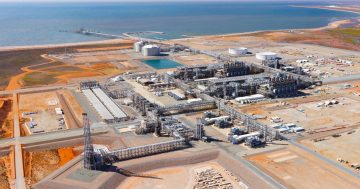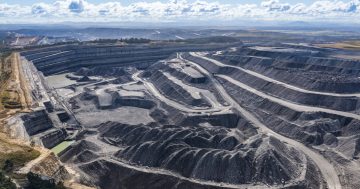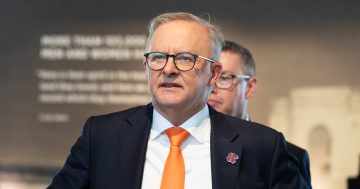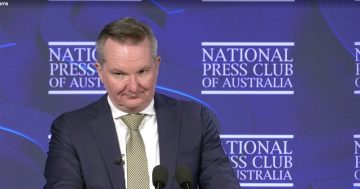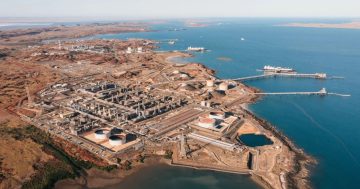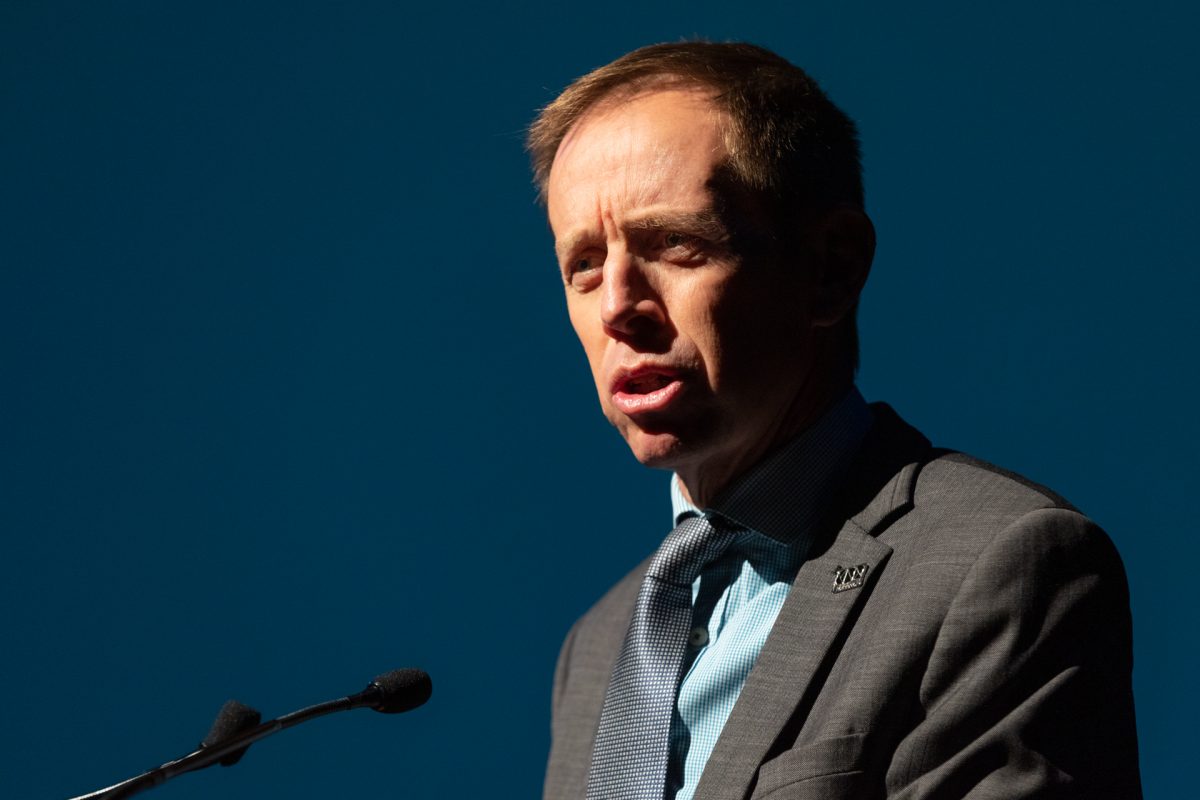
ACT Energy and Emissions Reductions Minister Shane Rattenbury wants an end to new fossil fuel projects nationwide. Photo: Michelle Kroll.
National consistency in climate change policy is improving, but the ACT wants to see more action over proposed fossil fuel projects.
Energy and climate ministers from around Australia converged on Canberra on Friday (1 March) to discuss coordinating strategies for the nation’s pathway to net-zero emissions.
The Energy and Climate Change Ministerial Council agreed to a National Consumer Energy Resources (CER) Roadmap aimed at delivering new consumer protections and network reforms to allow consumers to export more solar power to the grid.
All federal, state and territory ministers also committed to nationally consistent standards in other key areas, including those to enable vehicle-to-grid technologies.
They said such reforms would put downward pressure on both consumers’ bills and overall system costs, and contribute to emissions reduction.
“Reforms in each of these areas are already underway, including streamlining connection processes, making service and installation rules nationally consistent, and establishing standards and a regulatory framework for CER,” their communique said.
“The Commonwealth, state and territory governments are working with market bodies to progress these reforms through a dedicated taskforce that will be supported by a stakeholder reference group.
“Ministers asked senior officials to provide a National CER Roadmap and implementation plan for reforms identified in the work plan, for consideration by ministers at their July 2024 meeting.
“Ministers noted the impacts of the increasing frequency and severity of extreme weather events on energy system resilience.”
ACT Minister for Energy and Emissions Reduction, Shane Rattenbury, said he was delighted to have hosted the council meeting and share the ACT’s strategy to tackle climate change and achieve net-zero emissions by 2045.
But he said there were areas in emissions mitigation policies that needed more attention from some governments – namely, in being more proactive in denying future fossil fuel projects.
Mr Rattenbury said it was imperative all governments committed to increased climate change action.
The gathering of national ministers was a key opportunity to address the nation’s biggest environmental challenge, he said.
But while he appreciated the efforts being made by jurisdictions on climate change, Mr Rattenbury highlighted that inconsistent and detrimental actions were undermining the good work.
“There remains an inescapable truth, which this forum needs to address. Governments must stop approving new fossil fuel projects, whether coal or gas,” he said.
“This ongoing contribution to the burning of fossil fuels risks jeopardising our efforts on climate change.
“The International Energy Agency has clearly spelled out the reality that new fossil fuel projects are incompatible with the planetary goal of keeping the global average temperature increase below 1.5C, yet Australian governments continue to approve new gas and coal projects.
“The defence that ‘we have to supply the market’ makes no sense in this country, where we are blessed with wind and solar energy potential that could make us a global clean-energy powerhouse if we act fast and with high ambition.
“These counter-productive fossil fuel policies are taking us in the wrong direction and are profoundly frustrating for Canberrans, and Australians, who are playing their part in the battle to prevent climate change.”
Mr Rattenbury shared with the council the ACT’s policies, which include a pathway to full electrification of the ACT, phasing out fossil fuel gas.
The ACT also has the highest uptake of electric vehicles in the country, bolstered by extensive support programs.
“One in five new car sales in the ACT are now an EV. We have 165 electric-vehicle charging bays powered by 136 public chargers and will meet our commitment of 180 public chargers by 2025,” Mr Rattenbury said.
“[and we have] nation-leading schemes and incentives, such as the Sustainable Household Scheme and the Home Energy Support Program, which have already helped thousands of households to transition to efficient electric appliances.”
Original Article published by Chris Johnson on Riotact.


